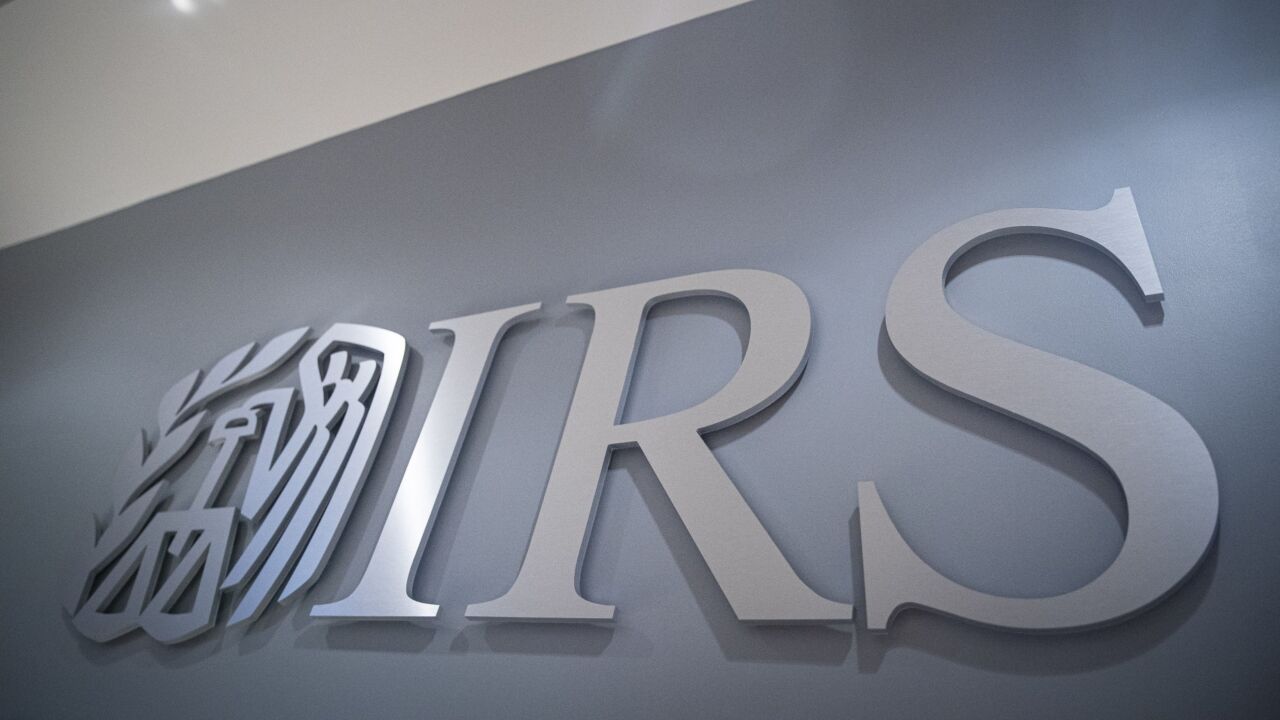Plans by the Public Company Accounting Oversight Board to overhaul the organization's standards for internal control audits don't go far enough to correct the problems of the PCAOB's original ground rules - or they go too far in watering down the original Sarbanes-Oxley Act protections for investors by yielding to powerful business groups.Or they muddy the waters for accountants who are already swimming upstream to interpret and implement Auditing Standard No. 2, which governs audits of internal controls.
Those are some of the comments and opinions that PCAOB officials are currently sifting through after being swamped with comments from CPA firms, business executives, investor advocates and others expressing a wide range of criticisms about their previously announced plan to pare down the amount of testing necessary for SOX 404.
The good news for the board is that most of the individuals and groups who have commented on the proposal are expressing support for the PCAOB's efforts to revamp the original AS2 standard. Major accounting firms were especially likely to give the board high marks for good intentions.
In December, the PCOAB unanimously decided to circulate the proposal that would scale down the amount of 404 testing. It called for replacing AS2 with a new principles-based standard on internal control designed to focus the auditor on the most important matters, increasing the likelihood that material weaknesses would be found before they cause material misstatement of the financial statements.
Accounting firms were quick to praise the decision to shift from a rules-based standard to one allowing auditors to apply broader principles.
J. Gordon Seymour, general counsel to the PCAOB, noted that the more principles-based approach "provides for wider use of professional judgment," and as a result "will permit auditors to focus on matters most important to a company's internal control."
Other firms also gave a thumbs-up to "the use of the top-down, risk-based approach" embraced by the PCAOB in the revised standard.
ON THE OTHER HAND ...
But even the most ardent supporters of the board's proposal had suggestions for further improvement in the plan, while others expressed sharp criticism and disappointment in the revised standard.
Some of the strongest words came from the Institute of Management Accountants, which charged that the proposals advanced by the PCAOB "constitute a material weakness for investors, businesses and U.S. global competitiveness."
The IMA voiced particular objections to the description of the proposal as "risk-based," noting that the PCAOB's use of the term is not in accordance with generally accepted global risk management principles.
According to the IMA, "This is not an academic concern," because "misuse or lack of use of market-tested risk management approaches will perpetuate materially incorrect financial statements, high costs, increased profits and potentially crippling litigation risk for the audit firms." (See IMA chief executive Paul Sharman's commentary, page 14.)
Some of the harshest criticism of the initiative came from those concerned that the proposed changes by the PCAOB would do little to reduce soaring SOX-related auditing costs for small corporations.
Rather than eliminating the internal control audit requirement for small businesses - an approach favored by many industry groups - the PCAOB instead decided to make the standard more "scalable," so that auditors could find ways to make these procedures less costly and burdensome for smaller companies.
But the "proposed changes do not move nearly far enough to provide for significant reductions in the cost of compliance" with the SOX requirements, officials from Norcross, Ga.-based Rock-Tenn Co. told the board.
Rock-Tenn's SOX compliance costs reached $4.5 million to third parties alone for fiscal 2005's certification, and without more substantial changes from the PCAOB, "The new proposals will do very little to materially reduce the cost of [SOX] compliance," said the company, which manufactures and markets packaging products.
The U.S. Chamber of Commerce voiced similar concerns in its comments on the proposed new standard, warning that the efforts to encourage less expensive, scaled-down internal control audits for small businesses might not bear fruit.
"Wishing for scalability does not make it so," the chamber said, adding that the Securities and Exchange Commission "should clearly set forth how a small public company can appropriately tailor its span of control in a way that is different from a company that is hundreds of times larger - e.g., by establishing personal control, observation and oversight by senior management of the processes or assets in question."
The U.S. Small Business Administration's Office of Advocacy issued a warning of its own, concluding that even with the proposed changes, SOX compliance "may still pose large and disproportionate costs on small public companies."
The SBA recommended that the SEC continue to provide further exemptions for small public companies, until such time as more cost-effective procedures for internal controls reporting can be developed.
FIRE FROM THE HILL
The PCAOB and SEC are also under pressure from Capitol Hill to provide at least a temporary break for smaller companies. Senate Small Business Committee chair John Kerry, D-Mass., called for an extra one-year delay in the implementation of the new audit requirements for small businesses.
The accounting oversight body is also under fire from the opposite end of the spectrum, as consumer groups and labor unions are urging the board to reverse course, abandon the internal control audit reforms and revert to the original rules.
A trio of national consumer groups told the PCAOB that its "decision to rewrite Auditing Standard 2 appears to be driven more by political expediency than by any evidence" that compliance costs are excessive.
In a joint statement, the Consumer Federation of America, Consumer Action and the U.S. Public Interest Group said that the reform proposal "has the worst characteristic of a principles-based approach, lack of clarity, without its chief benefit, a plainly articulated desired outcome that auditors can be held accountable for achieving."
Worse yet, they said, "The board sends the strong message throughout this proposal that reducing costs is more important than improving, or even maintaining, the effectiveness of these audits."





